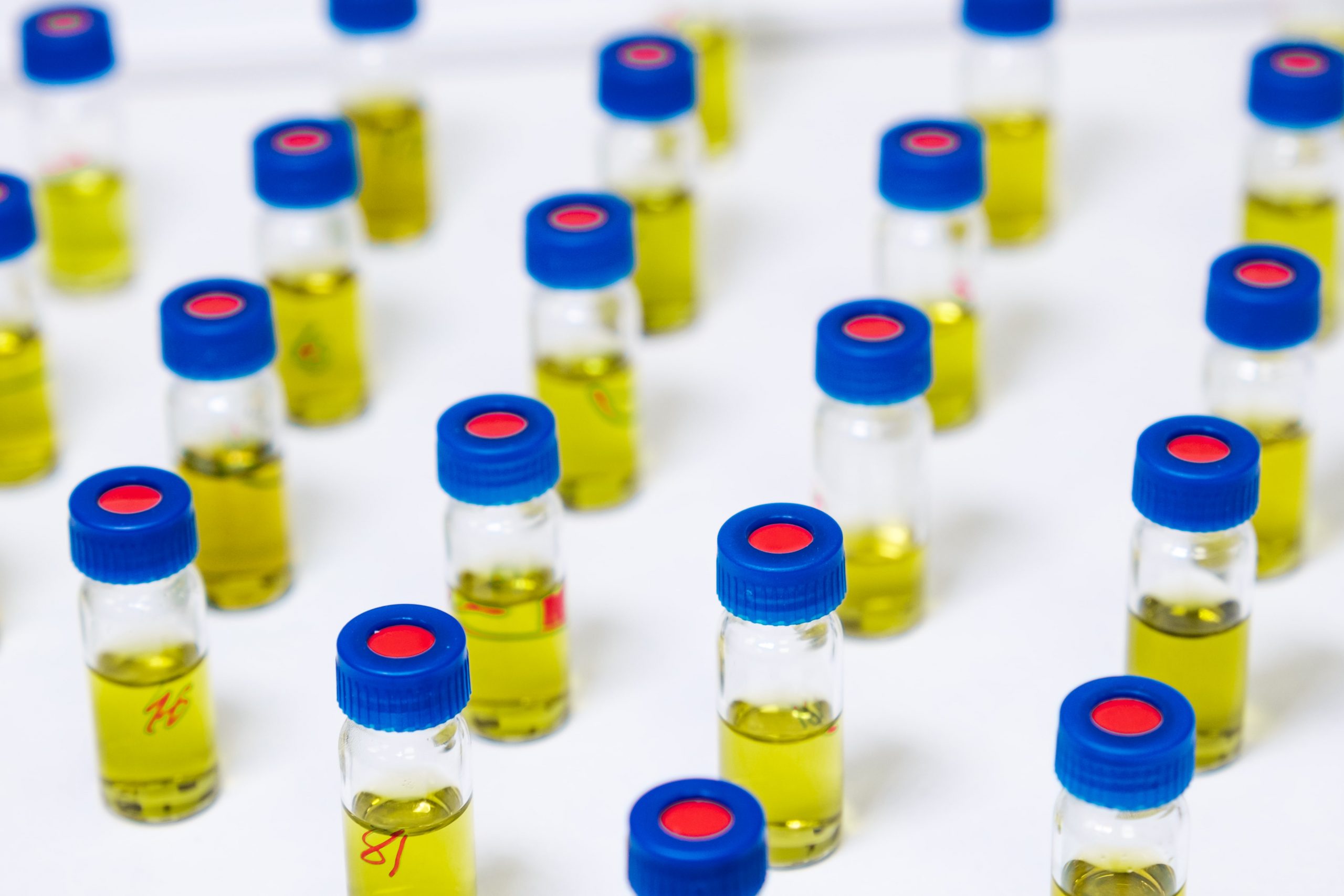Amino Acid Profile of Scorpion Venom – Insights for Research & Biotechnology
Scorpion venom is one of the most biochemically complex natural substances on Earth, containing a wide range of peptides, proteins, and enzymes. At the core of its value to medical and biotechnology research is its amino acid profile — the building blocks that define its biological activity.
At Wigmore Trading, we supply lab-tested, high-purity scorpion venom for pharmaceutical and biotech institutions, supporting research into its amino acid structure and potential applications in oncology, neurology, and pain management therapies.
Understanding the Amino Acid Profile of Scorpion Venom
The venom of different scorpion species is composed of dozens of peptides, many of which act as ion channel modulators in the nervous system. These peptides are defined by their amino acid sequences, which determine their binding properties and effects on nerve and muscle activity.
Key components of scorpion venom include:
-
Short-chain neurotoxic peptides – Target sodium and potassium channels in neurons.
-
Long-chain peptides – Affect chloride and calcium ion channels.
-
Enzymatic proteins – Facilitate venom spread and potency.
-
Bioactive amino acid sequences – Responsible for therapeutic potential in cancer and neurological studies.
By mapping the amino acid profile, researchers can better understand how venom peptides interact with human cells.
Why Amino Acid Profiling Matters
Studying the amino acid composition of scorpion venom provides insights that drive medical innovation:
-
Drug discovery – Identifying venom peptides for cancer and chronic pain therapies.
-
Neurological research – Exploring ion channel modulators for epilepsy and multiple sclerosis.
-
Peptide engineering – Designing synthetic analogues of venom compounds.
-
Biotech development – Supporting advances in molecular imaging and immunotherapy.
This research depends on high purity, research-grade venom samples with verified amino acid profiles.
Challenges in Venom Research
Analyzing amino acid profiles requires consistent, lab-tested venom. Common challenges include:
-
Species variation – Different scorpions have distinct venom compositions.
-
Purity concerns – Contaminants can alter amino acid sequencing results.
-
Logistical issues – Venom requires specialized handling and preservation.
-
Legal restrictions – Venom trade is strictly regulated internationally.
To overcome these barriers, researchers must partner with a licensed and trusted supplier.
Wigmore Trading – Supporting Research with Certified Venom
As a global leader in specialized trade and pharmaceutical sourcing, Wigmore Trading ensures that researchers have access to verified scorpion venom samples for amino acid profiling and related studies. We provide:
-
Certified, lab-tested venom with documentation.
-
Research-grade quality suitable for proteomic and biochemical analysis.
-
Export/import compliance with all required permits.
-
Cold-chain logistics to preserve peptide integrity.
-
Custom supply solutions for universities, biotech firms, and pharmaceutical labs.
With Wigmore Trading, buyers gain access to authentic venom samples suitable for advanced biochemical research.
Conclusion
The amino acid profile of scorpion venom holds the key to unlocking new treatments in cancer research, neurology, pain management, and biotechnology. But this research requires high purity, certified venom, sourced through safe and compliant channels.
Wigmore Trading supplies authentic, lab-tested scorpion venom for amino acid profiling — trusted by pharmaceutical companies, universities, and biotech innovators worldwide.
Contact Wigmore Trading today to secure certified venom samples for your research.








Comments are closed.